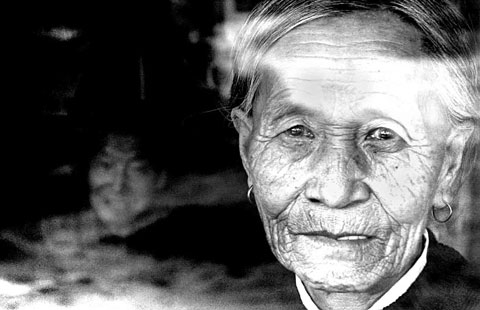Young people, please do not fall in the trap of addiction
By teamkrejados (blog.chinadaily.com.cn) Updated: 2014-07-04 17:24Risk takers, extreme sports athletes and the like display some of the same brain activity and chemical releases as addicts' brains show while under the influence. Essentially, daring actions provide a 'high', a release of dopamine that makes the risk taker feel euphoric. It is that rush, that spike, that all addicts seek. Addictive behavior/actions provide a means of escape from reality. A cigarette smoker can make the excuse 'I need a cigarette' to walk away from stressful, or even boring/bland situations.
Somehow we all expect something new and exciting to come along. Indeed, success in modern society is predicated on ever higher achievements and material accrual. Facing a life of the same old humdrum existence makes one reach for new experiences, something out of the ordinary that will break up the yawning chasm of inevitability. Internet addiction certainly qualifies as an escape.
Should one accept the 'Internet' as a lone manifestation of addiction or treat the person as though he/she were an addict, prone to latch on to another activity/substance to abuse? This boot camp appears to address Internet addiction specifically, but overall, its method of behavior modification is the way to remedy the addict's personality disorder, according to the DSM (Diagnostic and Statistical Manual of Mental Disorders). The article was not clear on whether it just dealt with that particular addiction, or the disorder. Does the Chinese mental health community recognize addiction as a personality disorder?
There is ongoing controversy as to whether Addictive Personality Disorder is in fact a disorder. As yet the DSM has not specifically listed it. Instead, one can read about this disorder under the general heading of 'Personality Disorders'. Another facet of this controversy is that, if one sweeps all people into two broad categories, risk takers and risk avoiders, all risk takers might be labeled as addicts, even if they have no harmful addictions. Finally: by labeling a person as addiction-prone, that might indicate that such a person will be an addict no matter what he/she does to avoid doing so. In fact, that avoidance can become an addiction.
I hope all youth people, at the boot camps and in the big bad world, struggling for their unique identity, do not fall in the trap of addiction. Perhaps teaching them to accept that life itself is exciting and nothing to run away from would be effective. What are your thoughts on this?
The original blog: http://blog.chinadaily.com.cn/blog-1372409-20775.html











